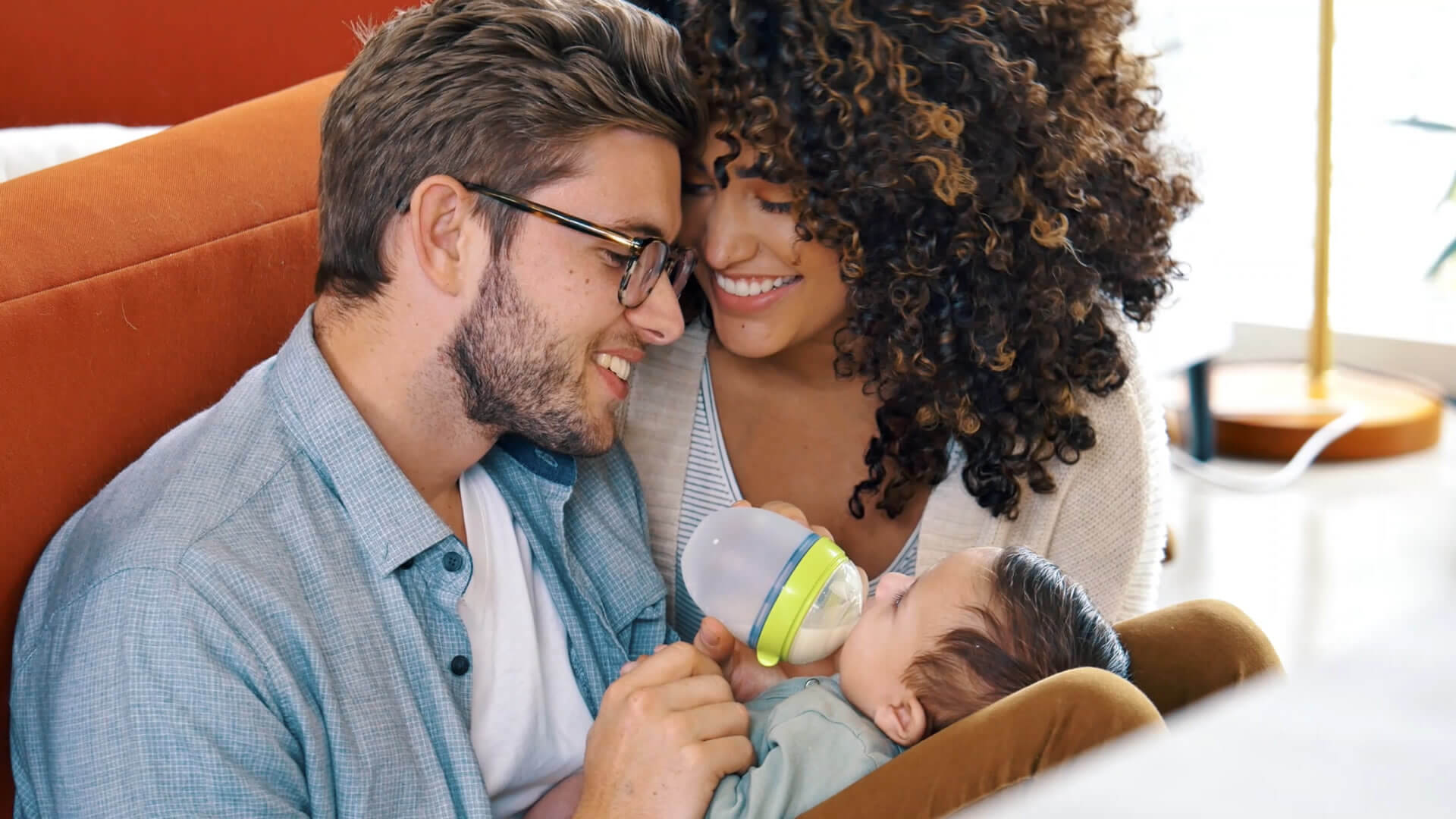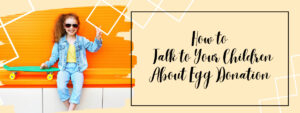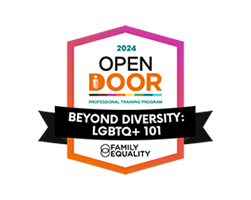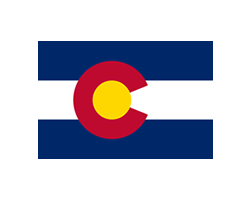Dallas-based psychologist Wendy Bauer has been working with infertile couples and individuals for
35 years with a special interest in families created via donor conception. Specifically, she counsels intended parents, egg donors, sperm donors, and donor-conceived children, teens, and adults. In her work with intended parents, Wendy helps them navigate the often-complex emotions that come with learning a donor is their best chance for having a baby and helps prepare them for raising a donor-conceived child.
A topic she regularly addresses is the importance of telling donor-conceived children the truth about their conception. “In the early days, parents were advised not to tell, but today, with the availability of commercial DNA testing like Ancestry DNA and 23andMe, anonymity is no longer a realistic option. Plus, secrecy can damage the bond between a parent and a child,” Wendy explains. “I advise parents to tell their children early, so when they look back, it’s just something they’ve always known versus recalling a specific time when their parents sat them down and said, ‘we have something to tell you.’”
At Egg Donor Solutions (EDS), we are committed to providing ongoing support and resources for our intended and recipient parents. We asked Wendy to share her expertise and advice for parents on how to talk with their children about egg donation and explain their unique conception story.
EDS: Why is it important for parents to be open with their children about using an egg donor?
Wendy: Psychologically and emotionally speaking, children do better dealing with facts than they do with secrets or information coming out that is not within the parent’s control. Children have more difficulty processing feelings of anger, distrust, and betrayal than just acceptance of their story and embracing who they are. If parents avoid telling because they are afraid or do not want to upset their children, put that in perspective and imagine how the child will feel if he or she finds out as a teenager or an adult. Then you have a whole other set of dynamics to deal with within the family.
EDS: How can intended parents prepare for future conversations with their children?
Wendy: I encourage intended parents to write a letter to their child(ren) now as they are going through the process. If there are two parents, they should each write a letter. Talk about how you feel before the child is conceived. Why are you excited and enthusiastic and in wonderment about how they are going be here? Explain why you chose your donor. What things did you like most about her? What made you gravitate towards her? Explain your goals and intentions for using an egg donor. For most parents, it’s that they want to bring home a healthy baby with every opportunity genetically that they can control. And why wouldn’t you want to give your child every opportunity to be healthy?
It is important for parents to understand that telling is an ongoing process, not a one-time conversation. It involves the child’s self-esteem and their self-confidence. You are helping them build their identity and their relationship with you. An older child being able to read a letter from his parents is going to help him continue to process everything he has learned up to that point.
EDS: When should parents first bring it up and how can they begin the conversation?
Wendy: It is best to start very early so that it just becomes a part of the child’s story. Parents can begin by telling their child how much she was loved and how much she was wanted before she was even conceived. Early on, I think you educate the child about what defines a family, and over the years, the way you explain it evolves. You tell the child there are many ways to create a family, and there are all different kinds of families – families with a mom and dad, two moms or two dads, single parents, and grandparents.
When I work with young children, I’m sometimes known as the ‘cake lady’ because I use the analogy of baking a cake to help explain donor conception. We talk about the different things we need to bake the cake – eggs, flour (the sperm) and an oven. Let’s say we don’t have eggs, but Ms. Jones next door has plenty of eggs, and she’s willing to share. So, we go next door and get a few eggs from Ms. Jones.
The idea you are trying to instill is that there are all different ways people share and help other people. You can build on that for a donor-conceived child by explaining that the donor is someone who helped the parents. Coupled with the assurance that the child is loved and was very much wanted, it starts to lay the groundwork for helping the child understand their story and embrace it with confidence.
EDS: How should the conversation evolve as the child gets older? Or, what if parents have an older child they have not told yet?
Wendy: As the child gets older, parents can begin to explain why they required the help of an egg donor. Typically, there was a medical reason the parents could not conceive on their own, and they needed help from a doctor and an egg donor to have the child. Reinforce how much your child was wanted and loved from the very beginning, and while you might have been sad initially that you couldn’t have a baby, you were excited to learn that you could still be a parent because there were people willing to help. You can tell your child how the donor provided the cells you needed to have a baby and begin to explain DNA in a very basic way.
If you are telling an older child for the first time, you can start by saying that you want to be open with the child and not hide anything. Then you can go into why you needed help from a doctor and an egg donor to conceive and the medical reasons behind it. Acknowledge that you are giving them a lot of new information, and you want to help them process it. I think the most important thing to get across to your children, especially as they get older, is that they can ask you as many questions as they want, and there is nothing you won’t answer.
As I mentioned before, telling is an ongoing process. It’s important for parents to share any and all information in an enthusiastic and positive manner. You don’t want your child to feel ashamed or embarrassed. You want them to feel secure and confident within themselves.
EDS: If the parents already have a biological child, how can they explain the need to use an egg donor and help prepare their child for a sibling?
Wendy: I don’t think parents need to announce to the biological child the specifics about the genetics of his or her sibling. I would advise they wait until they begin sharing the story with the donor-conceived child and tell both children at the same time. The parents should be the ones to control the information and when it’s shared, so I don’t like the idea of an older sibling feeling like he or she has something over the donor-conceived child. It’s important, especially early on, for siblings to bond over how they are alike versus different. As for sharing the story, parents can focus on how both children were loved and wanted and reinforce the special bond they have as siblings.
EDS: Can you recommend any children’s books that help explain egg donation?
Wendy: The Donor Conception Network has a wonderful series of books for children of all different ages. Other books I recommend include: The Pea that Was Me, Mommy Was Your Tummy Big?, A Tiny Itsy Bitsy Gift of Life, Phoebe’s Family, You Began as a Wish, and Happy Together
We help Intended Parents Create Happy Families via Egg Donation & Surrogacy with the help of caring Egg Donors & Surrogates.
Donor sibling registry, egg donation process, Egg Donor Solutions, Intended Parents, Why use an agency?, Intended Parent Resources, Intended Parent Webinar, Getting started, Why our agency?, Selecting your donor.









